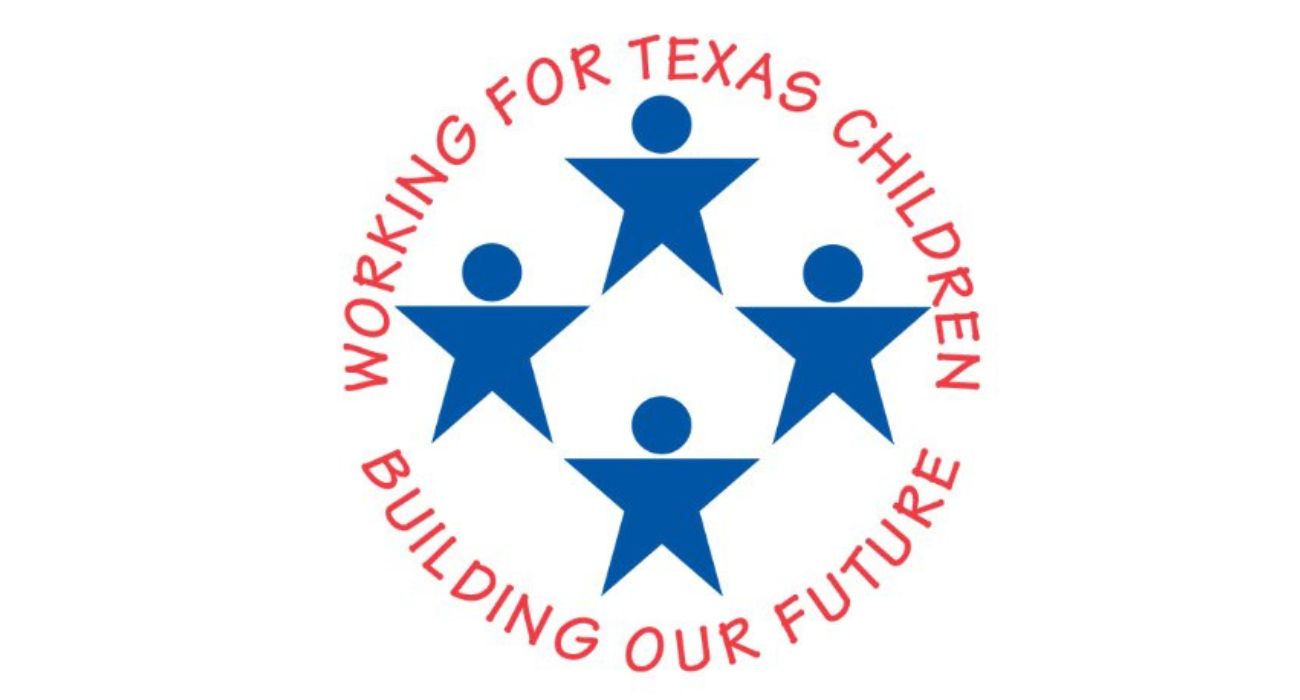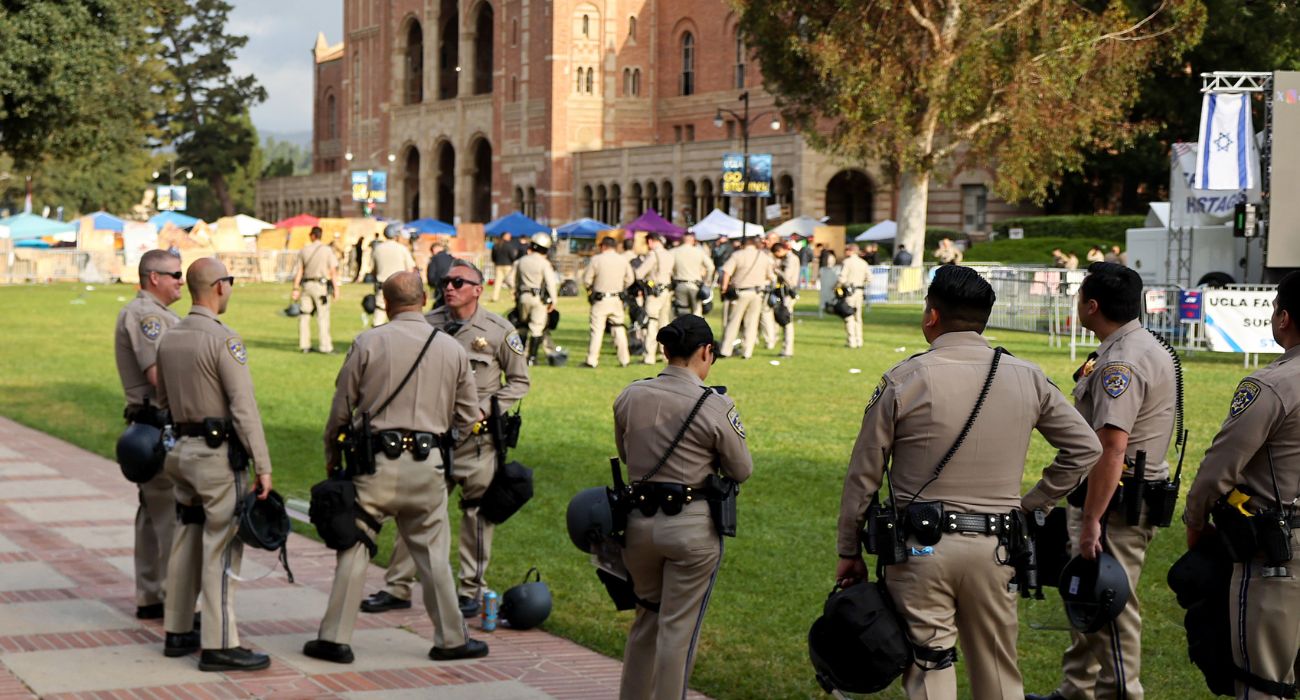The Texas State Board of Education (SBOE) convened in Austin this week for its regular meeting, taking time on the first day to hear a lesson on ethical issues for public officials.
Texas law requires that the SBOE receive annual training on ethics standards through either the Texas Ethics Commission or the Texas Education Agency’s advisor on ethical concerns.
Much of the ethics regulations for the SBOE members pertain to their relation to and interaction with the Permanent School Fund (PSF), which amounted to nearly $57 billion as of August 2022.
For example, the Texas Education Code requires that “the State Board of Education shall adopt and enforce an ethics policy that provides standards of conduct relating to the management and investment of the permanent school fund.”
It goes on to note that the ethics policy must specifically address “general ethical standards; conflicts of interest; prohibited transactions and interests; the acceptance of gifts and entertainment; compliance with applicable professional standards; ethics training; and compliance with and enforcement of the ethics policy.”
Furthermore, the Texas Administrative Code (TAC) stipulates, “SBOE members must be honest in the exercise of their duties and must not take actions that will discredit the PSF.”
TAC guidelines also say, “SBOE members shall be loyal to the interests of the PSF” and that “SBOE members shall not use nonpublic information gained through their relationship with the PSF to seek or obtain personal gain beyond agreed compensation.”
There are extensive rules and limitations on the types of gifts and entertainment SBOE members can receive. The TAC policy does allow for the acceptance of gifts if “an item is given in the context of a personal relationship, such as kinship, or a professional or business relationship that is independent of the member’s or employee’s official capacity.”
Christopher Maska, the ethics advisor for the TEA, came before the SBOE during the meeting on April 11 and gave an overarching presentation on the pertinent ethics policies.
This varied somewhat from the presentations he had given in the past, where he would go immediately into a question-and-answer format. Since a significant number of SBOE members were new, he decided that a more formal walkthrough of the pertinent statutes would be appropriate.
“You’re here to make the best decisions for the people of Texas, and anything that gets in the way of that would be an ethics violation,” Maska offered as an overarching dictum for ethics considerations.
While going through the “guide to ethics laws for state officers and employees,” Maska highlighted various aspects of importance that had been at issue in the past.
“Don’t take jobs from people that are going to be lobbying y’all — it’s probably not a good idea,” he explained.
Maska discussed instances in which SBOE members could or could not accept honorariums and gifts.
“They can’t give you a $20 gift card to Amy’s Ice Cream, but they can take you to Amy’s Ice Cream,” he noted.
But he cautioned that if a person intended to expend more than $500 on food, lodging, or entertainment on an SBOE member, that person would need to register as a lobbyist and follow all pertinent reporting laws.
Referencing the acceptance of reportable gifts from people and lobbyists, Maska added, “It might not be a good idea even if it’s legal.”
He emphasized the various regulations concerning employment after a board member’s time on the SBOE ends, referred to as “revolving door” laws.
As a part of the ethics presentation, Maska also took time to explain the wide-reaching implications of the Public Information Act, pointing out that people could even request copies of the notes the members were taking on the present conversation.
“The people are truly the master, and they deserve full information,” he said.
Maska added that SBOE members could not lobby for or against any legislation while receiving taxpayer money or being compensated by the state for travel and accommodations.
Member Will Hickman (R-Houston) asked additional questions about legislative lobbying, specifically inquiring if he could walk over to the legislature after today’s meeting to speak on a bill if he was only in Austin because of SBOE business and therefore being compensated for his travel.
“Let me think about that one a bit,” Maska responded, emphasizing later that the big issue with legislative lobbying is whenever taxpayer funds are involved.
“The only limitation here is if appropriated money is being used. If no appropriated money is being used, then you’re free,” he explained.
After the ethics training, the SBOE transitioned into an update regarding the ongoing Texas Essential Knowledge and Skills review. The day’s agenda ended with a discussion of a proposed amendment to the Texas Administrative Code.






